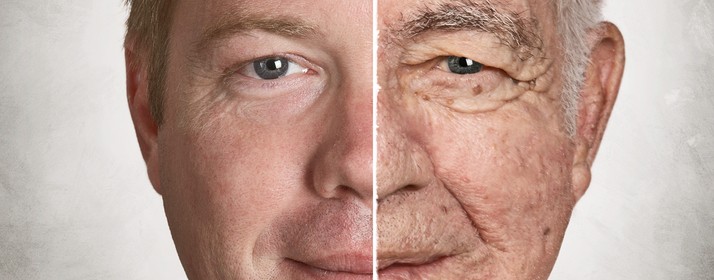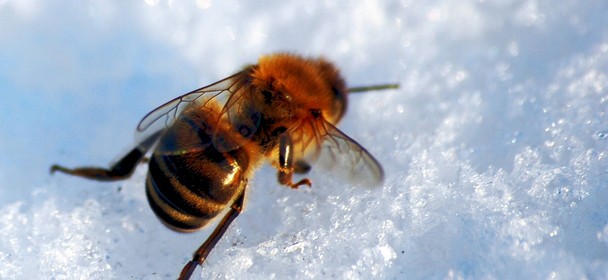Why Can’t You Use Blood from Someone Who Has a Different Blood Type Than You?

Brandon asks: Why can’t you use blood from someone who has a different blood type than you? Hot, cold or just plain bad, throughout history, people have used blood as a metaphor to describe their changing moods. One aspect of blood, however, is immutable – its type. Since each blood type carries unique characteristics that can wreak havoc in the […]
Read more
















